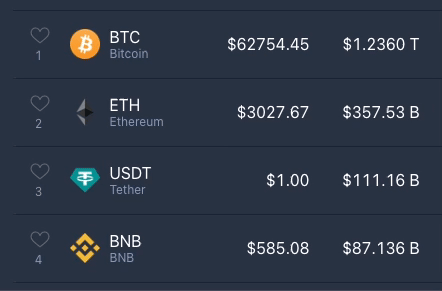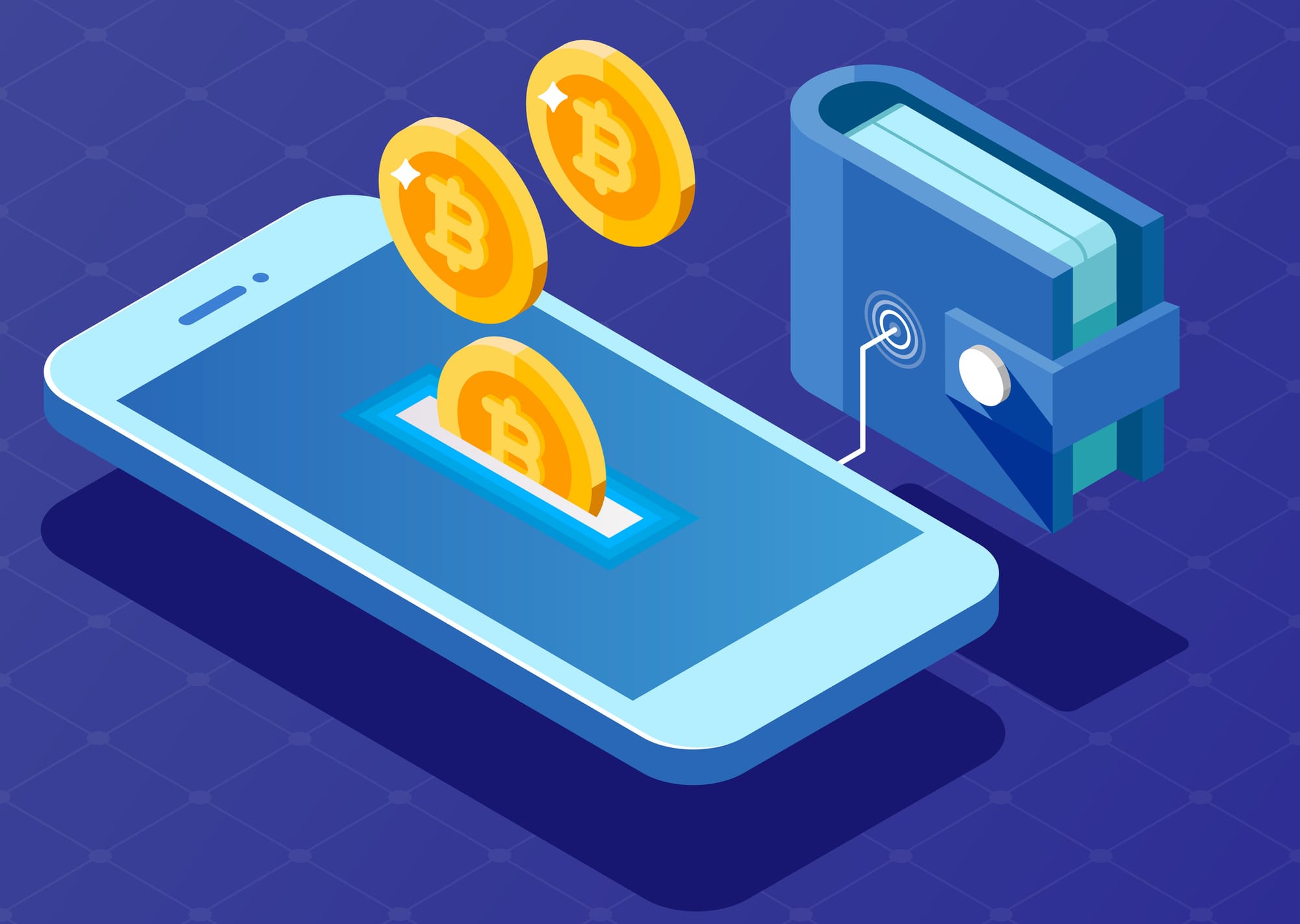What is Cryptocurrency?

The goal of this article is to provide a high level understanding of cryptocurrency. So buckle up. We’re going for a ride.
How is cryptocurrency different?

Similarities
To begin let's see where Cryptocurrencies and fiat currencies like the US dollar share common ground. Like monkey and human DNA, they both have much more in common than they do different. Both cryptocurrency and fiat currencies can be used to:
- Transact value between people
- Store value safely and durably
- Price goods and services for purchase
Differences
The difference between cryptocurrency and currency is that cryptocurrency is issued and maintained by a network of computers which run on verifiable open source code as opposed to a fiat currency which is much more opaque and issued and maintained by a government.
Advantages of Cryptocurrency
Cryptocurrency has several advantages over a fiat currency.
- The supply of cryptocurrency is predictable and isn’t susceptible to rapid inflation. Maybe you’ve heard your grandparents talk about how milk use to cost $0.50 back in their day. This type of inflation is not possible with certain cryptocurrencies.
- Cryptocurrency can easily be sent internationally because it is not affected by country borders. This is because cryptocurrency uses the internet instead of traditional banks.
- Moving cryptocurrency between people is inexpensive because it uses an automated network to streamline changes. Depending on the cryptocurrency, international transactions can cost mere pennies instead of $35 or more.
- Many cryptocurrencies are public and decisions are directly influenced by the holders of that cryptocurrency. This is unlike fiat currency where its holders have no say in its governance.
Just like traditional fiat currencies- not all cryptocurrencies are created equal and each should be vetted before use.
How does cryptocurrency work?

Cryptocurrency at its most fundamental level is a network of public & interdependent computers that are constantly communicating and verifying each other.
For example, if Bob owns 1 Bitcoin, it means that all the computers in Bitcoin's network have collectively agreed that he owns 1 Bitcoin. This is important because if Bob decides to “print” 100 Bitcoins, the network it will stop him from doing so. The people running these computers don't take kindly to Bob cheating.
Transferring Cryptocurrency
If Bob wants to send 1 Bitcoin to Sally he will tell the network:
Move 1 Bitcoin from my account to Sally's account
He will also provide proof that he indeed owns that Bitcoin. After broadcasting this message, every computer on the network has to agree to this change. They then update Bob’s account so that he has 1 less Bitcoin and updates Sally’s account so that she has 1 more Bitcoin.
Owning Cryptocurrency
When someone says they “own” crypto it means they control a crypto account with a certain balance. Much like when someone has $1000 it could mean they have a bank account with $1000 in it.
What are the key aspects of cryptocurrency?
Cryptocurrency consists of a few crucial elements that all fall under the umbrella of cryptocurrency.
Ticker Symbol

When you see cryptocurrency in the news this is usually what it's all about. You'll see headlines like- "Bitcoin hits an all time high!" or "Ethereum surges past $XX". While the price of a cryptocurrency is important, it's also just the tip of the iceberg. Each cryptocurrency has a ticker symbol which effectively serves as its ID. For Bitcoin its BTC. For Ethereum is ETH. For Polygon is MATIC. There are thousands of cryptocurrencies. To see the most popular ones visit Live Coin Watch
Networks

Back when you opened your bank account you had to walk into a physical bank branch. You then presented some form of ID so the bank could confirm your identity and deposited some money into the account. You can think of a bank branch as a cryptocurrency node and the name of the bank (Chase, Wells Fargo, etc) as the cryptocurrency network. And just like how your bank balance is synchronized across branches- your crypto balance is also synchronized across the network (between each node).
The price you see next to the ticker symbol corresponds to the value of one unit of the cryptocurrency. The network that handles real cryptocurrency transactions is commonly referred to as the "Mainnet." For Ethereum it's the Ethereum Mainnet. For Bitcoin its the Bitcoin Mainnet. This distinguishes it from Testnet networks which are used for development and testing purposes.
Choosing a Network
Choosing a Network is sort of like choosing a bank. There are lots of banks out there and each have their own advantages. For example if you choose a large bank it can offer a larger network of branches and ATMs and has more stability, but choosing a smaller bank might offer better incentives, personalized service or lower fees.
With cryptocurrency there's similar tradeoffs. For example choosing the Ethereum Mainnet can offer you higher degrees of security and is more universally accepted and mainstream. Whereas the Polygon Mainnet can offer you lower network fees and faster transaction times.
If you just want to try things out you can deploy your Agreement to a Testnet like Sepolia. This network simulates the Ethereum Mainnet but uses fake Testnet Ethereum currency instead of real Ethereum.
Nodes

You can use a node just like you would a bank branch. Through a node, you can make changes to your account, deposit funds or withdraw funds. All with your explicit permission of course. Nodes alone can't make changes to your account.
Accounts & Wallets

It's simple to create an account with cryptocurrency. And unlike a bank, you don’t need to go to a physical location, present ID or deposit funds. All you need is a cryptocurrency wallet on your phone or computer.
You can think of a wallet as your own personal banker. This banker does everything for you. Need to open a new account? Talk to your banker. Need to send or receive money? Talk to your banker. Your wallet handles all your accounts (and all account funds) and is the trusted middle man between you and a network node. But unlike a normal bank this middleman is completely automated and costs you nothing.
Like your actual wallet, it’s vital to keep your crypto wallet safe. Whoever has access to your wallet has access to the crypto in that wallet.
Building upon Cryptocurrency

Cryptocurrency provides a solid foundation to conduct financial transactions but it is far from business friendly. And this is partially by design. The creators of cryptocurrencies like Ethereum have provided abstractions called Smart Contracts which allow anyone to write code which runs on these networks. These Smart Contracts fill the gaps and bring new functionality that the base protocol doesn't have.
To make cryptocurrency more conducive for business transactions, WireMe has built financial applications on top of these cryptocurrency protocols in form of a Web3 decentralized application (dApps). We develop tools that simplifies the protocol for uses and provides additional features to facilitate better business transactions.
Our Agreement product allows users to create automated escrows which keep funds safe during a business transaction. These escrows can be customized to use stakes and time locks to create safer transactions and mitigate risk.
Whether you're a freelancer, vacation rental host, import / export manager, online retailer, or anyone else involved in business transactions, WireMe can help you accept payments from anyone - anywhere. Like cryptocurrency the amounts sent can scale infinitely- we charge zero commission regardless of amount. To learn more about WireMe visit us at wireme.io